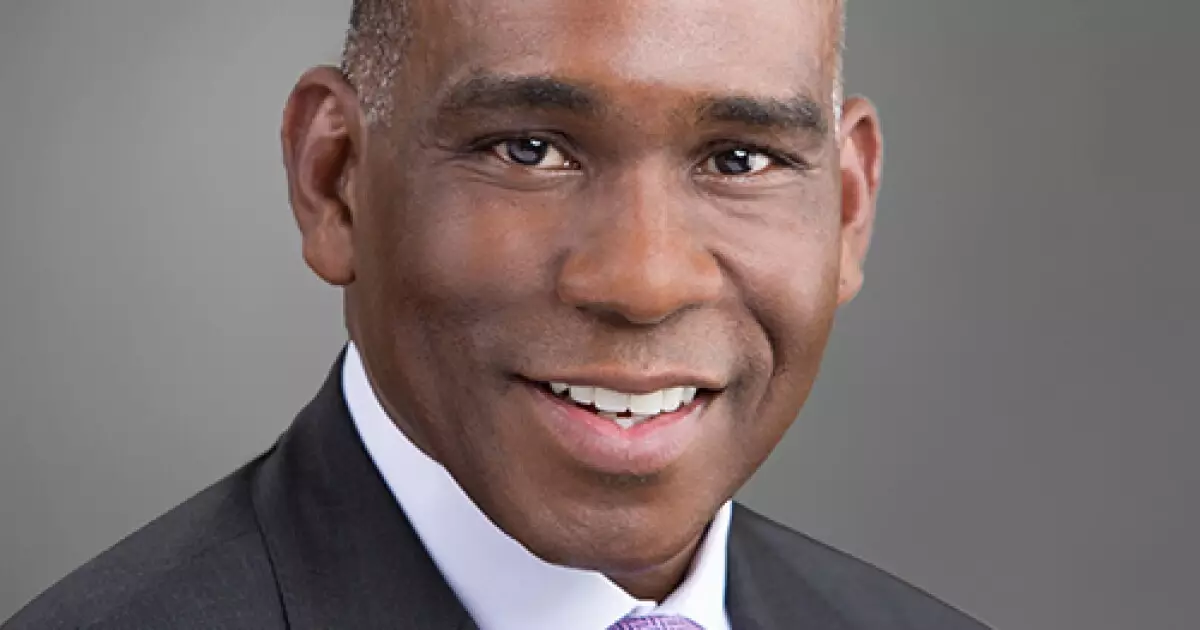Broker-dealer firms are taking on a more substantial role in the primary market to compensate for the gap created by Citi’s departure from the municipal bond business. Panelists at the Bond Buyer’s Southeast Public Finance conference highlighted the significance of this shift, emphasizing that Citi’s exit had a considerable impact due to its significant balance sheet. The industry is now closely monitoring how secondary market liquidity will adjust following Citi’s departure, particularly in times of market stress or uncertainty.
Jerry Ford, president of Ford & Associates, Inc., noted that while the primary market has seen an influx of participants willing to take on risk, the secondary market has experienced a decrease in dealer engagement, especially after Citi’s exit. This disparity between the primary and secondary markets is crucial, as a robust secondary market often influences activities in the primary market. The evolving nature of the municipal bond market, moving closer to structures seen in corporate bond markets, has put a spotlight on liquidity and the role of broker-dealers in promoting market stability.
Establishing strong relationships with the buyside has become integral to succeeding in the primary market. Firms like Siebert Williams Shank & Co., LLC, have adapted their trading strategies in the secondary market to enhance their primary market capabilities. This interconnectedness between the primary and secondary markets underscores the importance of understanding market dynamics and investor sentiment to drive successful underwriting.
Adapting to Market Volatility
The volatile nature of the municipal bond market in recent years has placed a premium on effective storytelling and communication with investors. Panelists highlighted the importance of conveying a compelling narrative to investors, particularly during market fluctuations. Clear and transparent communication among syndicate members and investors has become a cornerstone of success in navigating a volatile market environment.
Regulatory Landscape
The Securities and Exchange Commission’s efforts to standardize market practices have added another layer of complexity to an already evolving market landscape. As regulatory frameworks continue to evolve, market participants must remain vigilant in adapting their strategies to comply with changing requirements and expectations.
Citi’s exit from the municipal bond market has prompted a significant realignment in market dynamics, with broker-dealer firms stepping in to fill the void. The interplay between the primary and secondary markets, coupled with the importance of relationship-building and effective communication, highlights the critical need for adaptability and foresight in navigating the ever-changing municipal bond landscape. As market conditions evolve and regulatory pressures mount, industry participants must remain agile and responsive to maintain a competitive edge in this dynamic environment.

